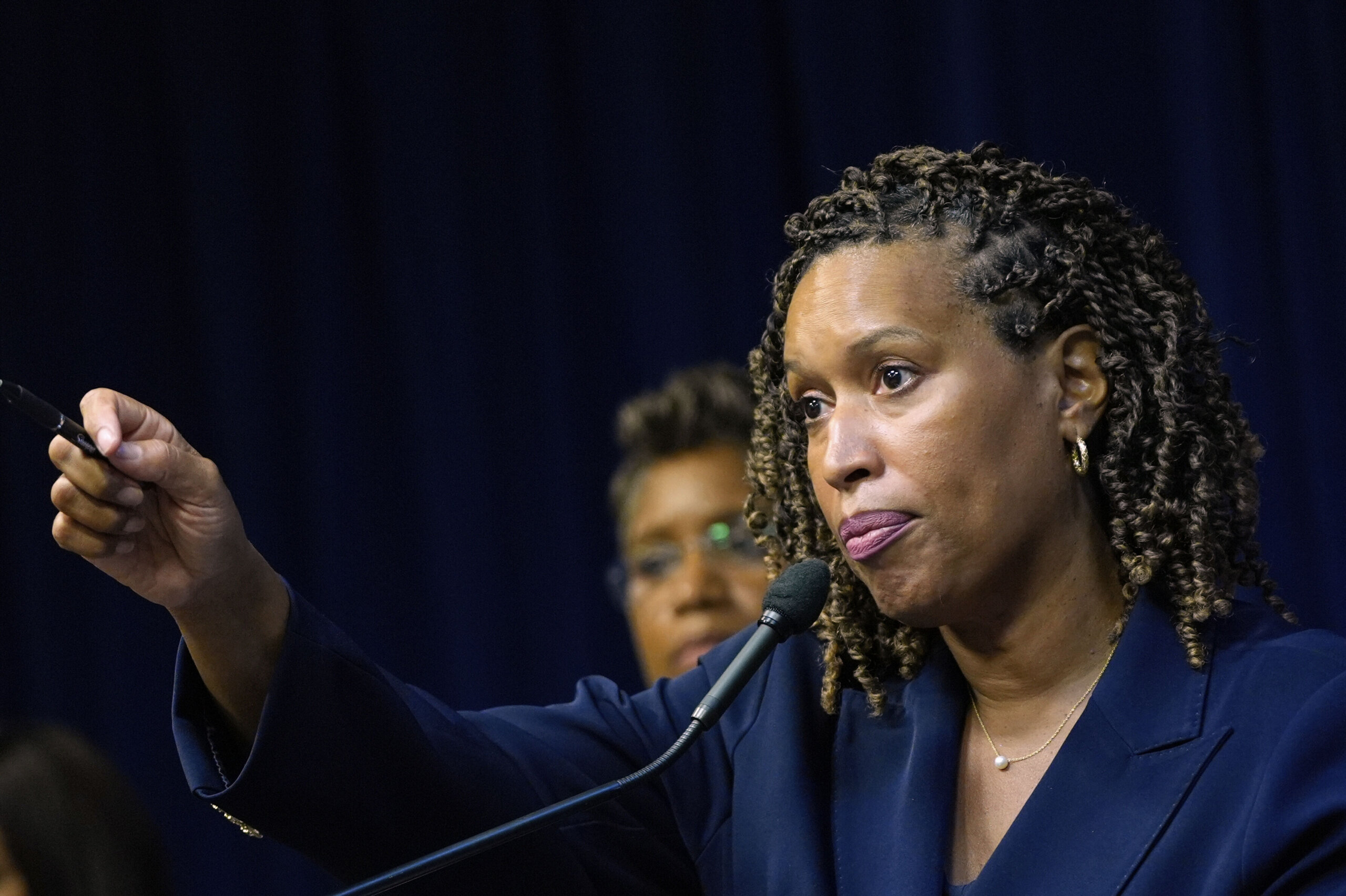On August 8, the WGA announced that Director Park Chan-wook and I had been expelled from membership for our work on “The Sympathizer,” an HBO show that had been in postproduction during the strike. The claim was that we had violated the strike rules with some of our work in the editing suite. The announcement was accompanied by a stately “thank you for your service” to the internal jury that had investigated the allegations. This was an odd gesture, considering that the Guild’s Board had completely disregarded the jury’s recommendations.
Months after the strike was resolved and our show had aired, the WGA formed a Trial Committee to investigate an anonymous complaint. The committee’s job was to hear evidence and make a recommendation to the WGA’s Board as to whether a strike violation had occurred and, if so, whether disciplinary action was warranted. The jury was made up of WGA writers and they took the job seriously. The hearing lasted two exhausting days. It was comprehensive and complicated because of the obvious, ambiguous overlaps between our roles as executive producers/showrunners and — in Chan-wook’s case — director, who were permitted to work, and writers, who were not. No one from the Guild’s leadership was there for the proceedings, just their lawyers.
In the end the five jurors issued the following recommendations. I quote them at length for the sake of the Board, who evidently never read them:
“We find that the Respondents credibly demonstrated that their Strike Rules violations were not intentional…”
“We also find that Respondents credibly demonstrated that their violations arose from misunderstandings about the lines between their roles as writers in post-production and their roles as executive-producers, editors, and directors, and that they believed themselves to be complying in good faith with strike protocol… we find that their violations were not the product of intentional obfuscation or deception…”
“Based on the findings of facts and discussion above, we recommend that the Board issue a confidential letter of censure to both Respondents…”
Obviously, the Board completely ignored all of this. Instead of the lowest level of punishment, a private letter, they gave us their highest — expulsion. The sentence was intentionally undemocratic, deliberately cruel and over-the-top.
There are various theories as to why we, in particular, were targeted — but the intent behind the decision is undeniable: it was a scare tactic to intimidate their membership, particularly the “hyphenates” (showrunner-director-writers).
It saddens me that any guild would consider such an action necessary or likely to be effective.
I am a proud and longstanding member of three other entertainment industry unions and guilds. I have consulted with them on policy statements and lobbied on their behalf in front of my country’s parliament. When I have felt that my guilds were straying from their message, I have reached out to them and they have always listened and responded (without their lawyers present). So I can say with some confidence that this kind of tyrannical behaviour isn’t endemic to organized labor. It’s a problem of leadership. Normally, if a guild’s leadership heard that well-intentioned members were unintentionally struggling with the rules, they would re-examine the rules. Rewrite them. Make them less vague and more realistic for the benefit of the entire membership.
No justification was given for why the WGA Board disregarded their own jury in our case, and it’s hard to think of one.
The most generous excuse I can come up with is that the Board was steamrolled by their lawyers who know nothing about how TV is actually made and who, in their prosecutorial zeal, made the leadership forget themselves. The theory’s a stretch, but based on what I saw in the tribunal, there may be some truth to it. If so, let me respectfully remind them:
You are writers. You are leading a fellowship of writers in solving writers’ problems. Empathy and understanding are the tools of the trade. Once in a while, give the lawyers a day off.
Editor’s note: The WGA issued the following response.
The WGAW Constitution requires the Board of Directors — the leadership body elected by WGAW members — to make the decision about the appropriate level of discipline for members found guilty of violating strike rules. A trial committee composed of rank-and-file members found McKellar guilty of providing writing services during the strike, including a creative overhaul of the pilot that amounted to rewriting the pilot story and writing dialogue. The Board determined that expulsion was the appropriate consequence for such a serious violation.
McKellar responded to the union:
Obviously, I object to this mischaracterisation of what happened (“the assertion that these editorial changes constitute writing for a struck company is preposterous” to quote one juror), but I don’t want to relitigate the case. The “rank-and-file,” as they refer to the committee, is the WGA. I have read their split-decision and their vigorous letters of dissent. They prove themselves to be conscientious, intelligent and, by the way, good writers. Yes, the Board has the power to overrule them, but why should they?
Source link

